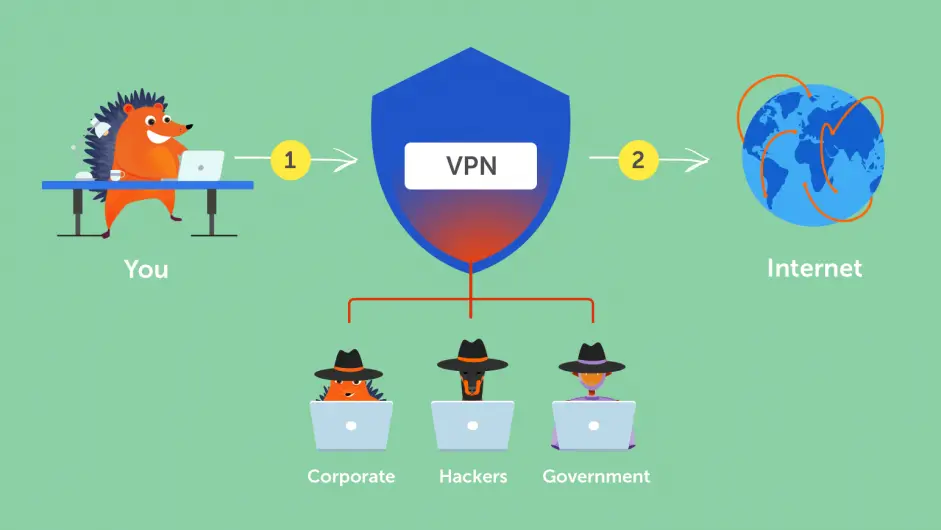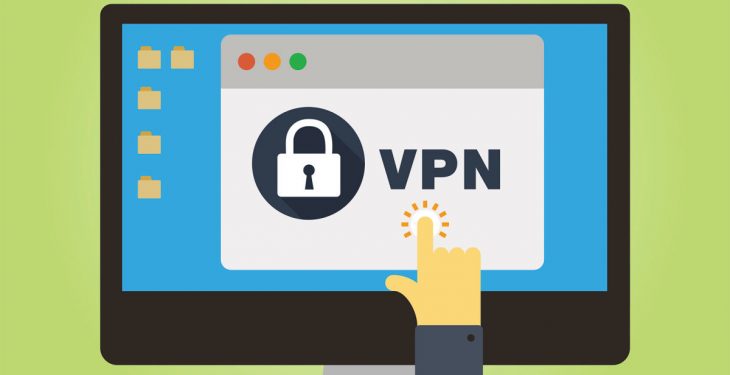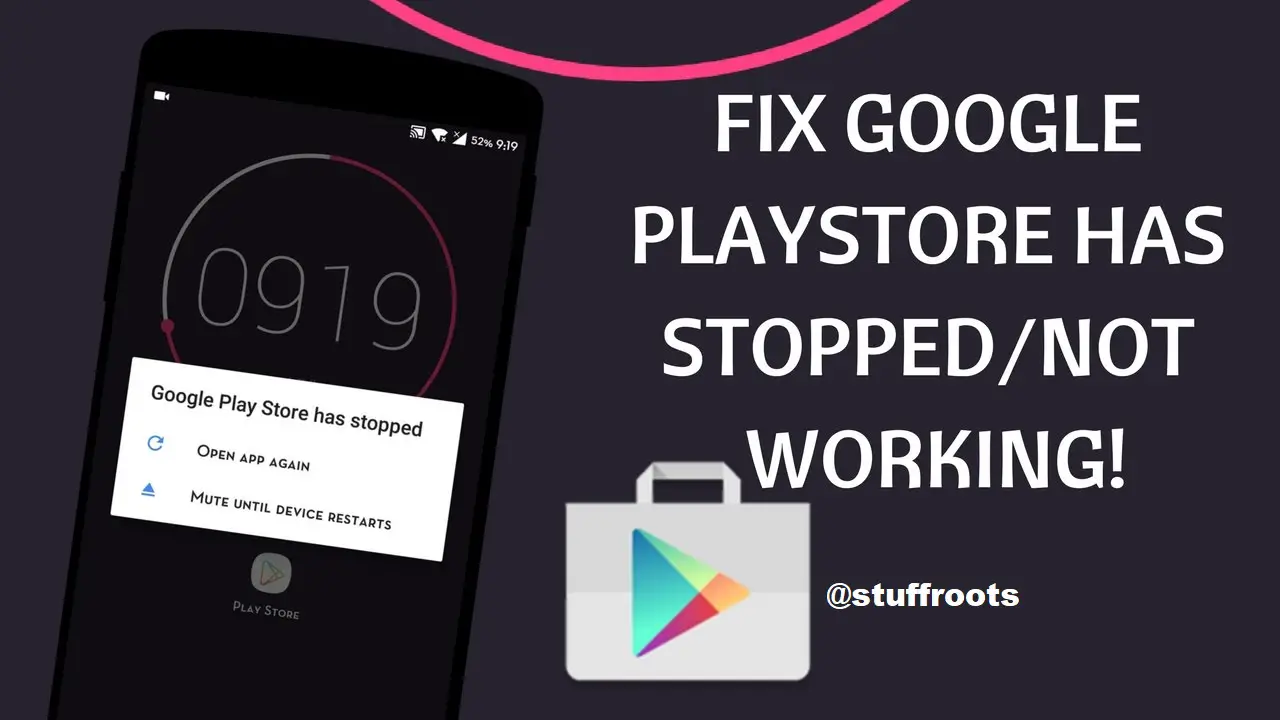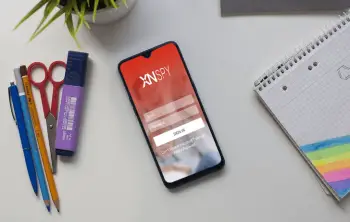Internet security is slowly becoming something most internet users are more and more aware. Whether you are a private internet user or a business employee working remotely, protection of online data is something you should always think about. In the past couple of years, as the internet expanded drastically, we can spot a pattern of increasing cyber-security threats happening to users online. For that reason, today we will discuss understanding VPN apps and what they do for your online safety. The more the internet advances, the more people realize they require a form of protection from potential malicious users. Online privacy is something that should be top priority for anyone who spends a large amount of time online.
Understanding VPN apps: What is VPN?
If you are using the public internet on a daily basis, you are likely being tracked. However, this tracking is usually done by some malicious users online. Cybercriminals, such as hackers, are using fast public internet connections, such as café internet, airport internet, etc. to prey on their potential victims.
The main goal is to collect some form of data or personal information that will help them gain access to even further information about the user. Atop of that, surveillance is another thing that might bother internet users. This is usually done by the government or the ISP (Internet Service Provider). However, this is mostly done to prevent internet users from doing illegal activities online.

None-the-less, your online privacy should be sacred and no one should know what you are doing online. For that reason VPN exists. VPN is an essential and useful online tool that helps the user protect its privacy and data information while online. Short for Virtual Private Network, this app helps users mask their real identity and prevent cybercriminals from tracking or peeking into the internet traffic. In other words, VPN is a form of an online shield that does not allow anyone to access the user information and abuse it.
The main advantages of using a VPN
To have a better understanding of VPN apps we need to understand what kind of protection it provides for its users. Apart from serving as a shield for your online identity and information, VPN has more positive sides to it.
- Online anonymity – The first advantage of a VPN is that it provides maximum identity protection for the user. This means that your browsing, download and website history will remain hidden from anyone online.
- The ability to change your IP address – Your IP address relatively remains the same. Even if it does not, the ISP will be able to know that is your IP address. Well, when using a VPN you will be able to change your IP address to a virtual one and prevent surveillance or tracking from this organization.
- Data encryption – The data you are sending online can be seen by anyone skilled enough to hack your data traffic. However, VPN uses high encryption protocols which mask the data traffic sent from your device, thus preventing anyone from peeking into it.
- Bypassing censorship and blocks – Have you ever tried to enter a website but they did not allow it due to your location? As we said above, VPN can help you change your IP address. This means that you will be able to bypass any restrictions and limits online and visit any website or streaming platform you desire without much work.
How does VPN work?
Well, first things first – you have to subscribe to a VPN provider. After that, you will be able to log-in to the VPN app and from there, your adventure starts. It is said that a VPN works better in PC compared to any other Android device. So, it is strongly suggested that you should use VPN in PC for your work instead of using it on your Android phones. The best thing about it is that it is a fairly simple app to use which means that you do not have to be an expert to get by. Once you connect to your VPN app, you will have to choose a virtual server set up in almost every country in the world (the number of servers depends on the provider you chose).
Once you select the server, your IP address will change. From that point forward, no one will be able to track your internet activities online. On top of that, the high encryption protocols most providers use will prevent anyone from potentially breaching into your internet traffic, leaving you vulnerable. To put it in short terms, to understand VPN apps, you can imagine them as a tunnel your connection goes through. This tunnel protects the data you are sending from your device and blocks anyone from looking at it. The user may also connect this VPN to multiple devices like smart TVs, laptops, smartphones, etc.
Why would I pay for a VPN service when there are free ones online?
A fair question. Although there are many free VPN apps for android, for example, that does not mean that they are safe. Namely, many free VPN versions are good to use for a short period of time, like when travelling or when you want to deal with some sensitive topic.
Most of those free VPN apps do not provide adequate protection for the user, at least not in the long run. On the other hand, when it comes to understanding VPN apps, you have to know that paid VPN versions will have more advantages and options for you. Most importantly, they will never fail to provide adequate protection regardless of your location, intention or time of usage.
Is getting a VPN app worth it?
Without a doubt. If you are someone who spends most of their time online, VPN is the perfect solution for your safety. More importantly, many companies that started practicing remote office working due to the coronavirus pandemic are using VPN apps to ensure their employees safety and the safety of private company data. If you use the internet for work, or even for personal reasons, a VPN can protect both you and your data while online. In addition, we should mention the no-log policy that most providers offer to clients.






